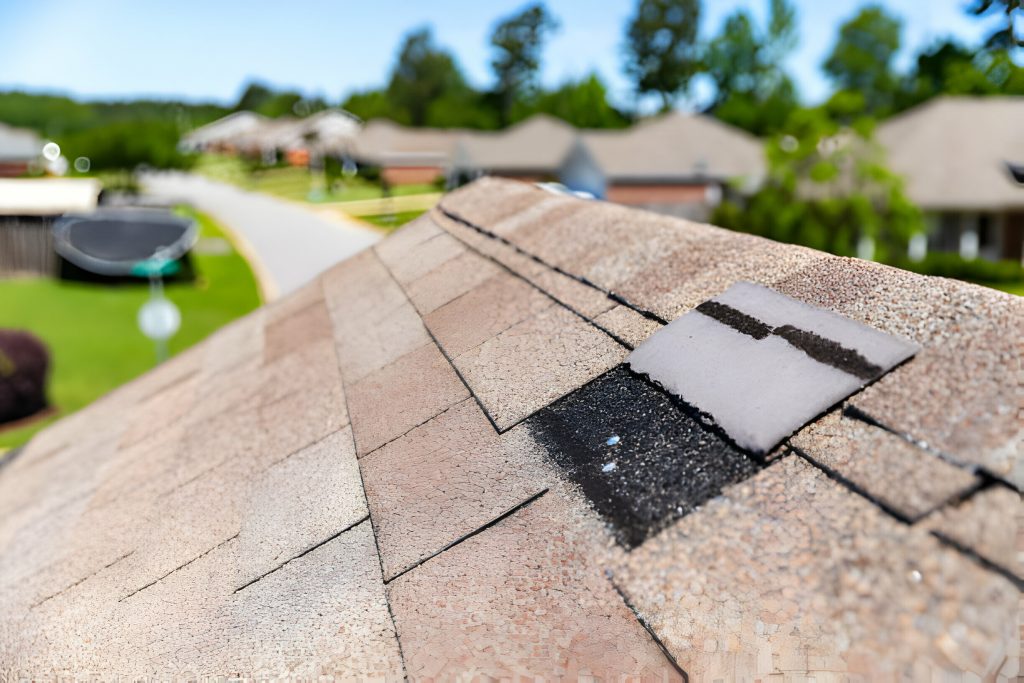ASC ROOFING & EXTERIORS in Roswell, GA
Get a FREE quote!
About us
ASC Exteriors, your premier destination
Welcome to ASC Exteriors, your premier destination for top-notch roofing and exterior services. Specializing in a wide array of solutions, including roof installation, repair, and addressing hail, storm, and wind damage, we are your trusted partner for all roofing needs. Our expertise extends to skylight repair, gutter cleaning, installation, and repairs, as well as loft and attic ventilation services. Serving the communities of Roswell, Cumming, Alpharetta, Smyrna, Dallas, Acworth, Milton, Marietta, Canton, and Woodstock, GA, we take pride in delivering unparalleled craftsmanship and customer satisfaction. Choose ASC Exteriors for reliable solutions that safeguard your property and enhance its curb appeal.

History of Roswell, GA
Roswell, Georgia, located in Fulton County in the metropolitan Atlanta area, has a rich history dating back to the early 19th century. Here’s an overview of its history:
1. **Early Settlement**: The area where Roswell is situated was originally inhabited by Cherokee Native Americans. European settlers began arriving in the early 1830s after the Cherokee were forcibly removed via the Trail of Tears. Roswell’s early history is closely tied to its founding by Roswell King, a businessman from coastal Georgia.
2. **Founding of Roswell**: In 1836, Roswell King established a cotton mill along Vickery Creek, which would become the foundation for the town of Roswell. King named the town after his father, Roswell King Sr. The cotton mill, known as the Roswell Manufacturing Company, played a significant role in the town’s early development.
3. **Antebellum Era**: Roswell flourished in the decades leading up to the Civil War. The cotton mill brought prosperity to the town, and Roswell became known for its textile industry. The town’s economy was built on slave labor, with enslaved individuals working in the cotton fields and factories.
4. **Civil War Era**: During the Civil War, Roswell, like much of Georgia, was impacted by the conflict. The cotton mill was converted to produce cloth for Confederate uniforms, and many of the town’s men served in the Confederate army. In 1864, during Sherman’s March to the Sea, Union forces occupied Roswell and ordered the evacuation of the town. After the war, Roswell struggled to recover from the devastation.
5. **Post-Civil War Reconstruction**: After the Civil War, Roswell experienced slow growth and development. The town’s economy gradually recovered, but it was no longer as prosperous as it had been before the war. The abolition of slavery brought significant changes to the town’s social structure.
6. **20th Century Growth**: The early 20th century saw continued growth and development in Roswell. The town’s economy diversified beyond textiles, with the establishment of businesses, schools, and churches. However, Roswell remained a relatively small and rural community for much of the century.
7. **Suburban Expansion**: In the latter half of the 20th century, Roswell experienced rapid suburban growth and development. The construction of highways and the expansion of transportation networks facilitated population growth and urbanization. Residential neighborhoods, shopping centers, and commercial areas expanded, transforming the town into a suburban city.
8. **Preservation and Tourism**: In recent decades, Roswell has focused on preserving its historic character and promoting tourism. Many of the town’s antebellum homes and buildings have been restored, and historic sites such as the Roswell Mill and Barrington Hall attract visitors interested in the town’s history.
Overall, Roswell’s history reflects its evolution from a small cotton mill town to a thriving suburban city with a diverse economy and a strong sense of community identity.






